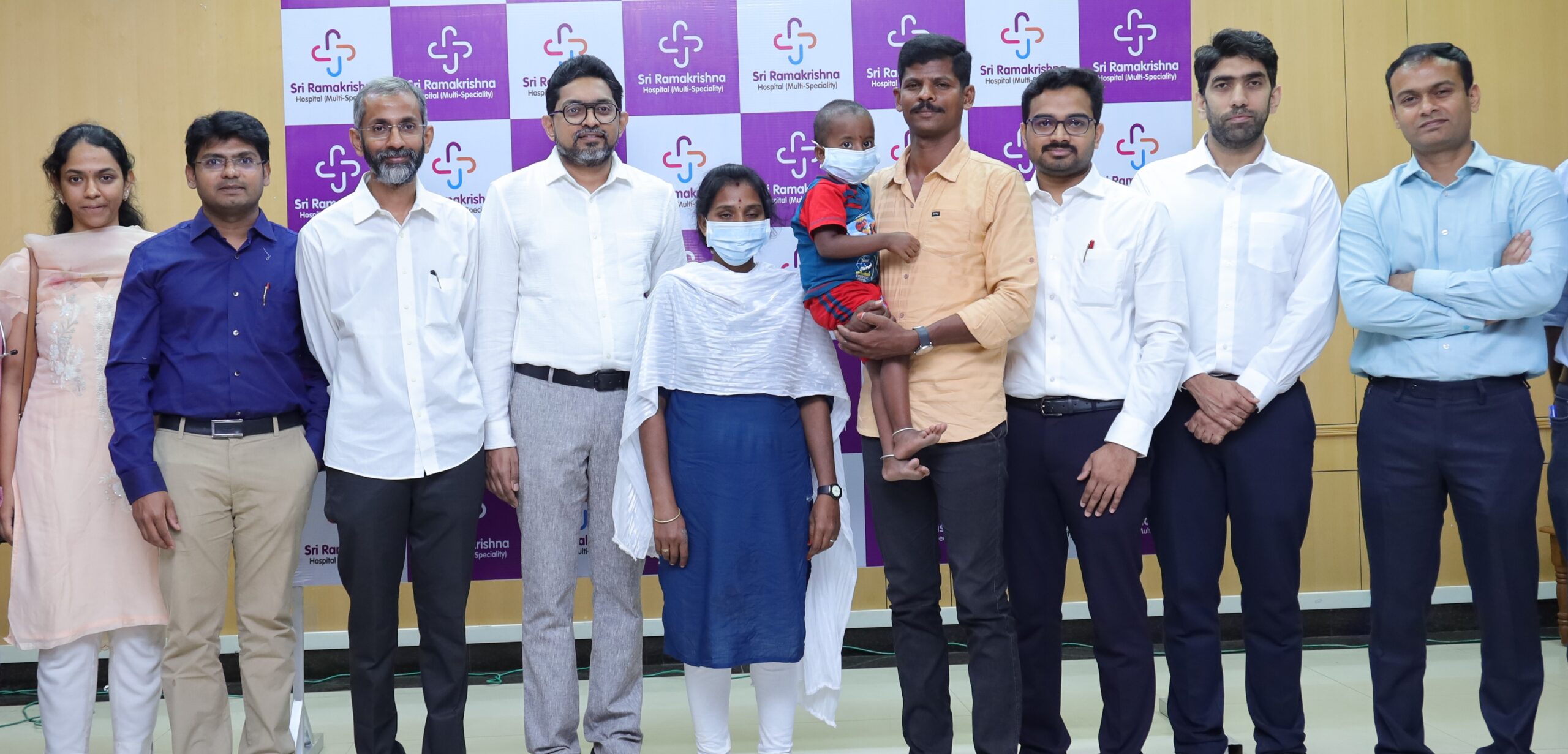Trending Now
- 830 voters names go missing in Kavundampalayam constituency
- If BJP comes to power we shall consider bringing back electoral bonds: Nirmala Sitaraman
- Monitoring at check posts between Kerala and TN intensified as bird flu gets virulent in Kerala
Coimbatore
Jayalalithaa hopes Centre is serious over Cooperative Federalism
![]() July 16, 2016
July 16, 2016
Tamil Nadu CM demands more financial and administrative powers for states. She reiterates her demand for amendments to GST Bill so that TN does not lose out
Chennai:Over the years the Centre has captured a greater tax base and encroached on the executive jurisdiction of the states, most notably in the maintenance of public order. Unfortunately, the NDA government that had pledged itself to promote cooperative federalism has not reversed the trend of centre usurping powers of the state.
Tamil Nadu chief minister J Jayalalithaa welcomed the NDA government’s change in emphasis to cooperative federalism but expressed the fear that “Co-operative federalism” may degenerate into empty rhetoric, if the States are not given adequate powers and fiscal resources. Co-operative federalism should not become a catchword to impose uniform administrative practices across the Country without due regard to the specificities of the socio-economic situation in each State, Jayalalithaa said in a written speech that was circulated at the Inter-State Council meet in Delhi on Saturday.
Jayalalithaa did not attend the meeting but had deputed state finance minister O Panneerselvam to fill in for her.
Jayalalithaa noted that over the years, political, administrative and economic role of the states has grown significantly and a federal polity has become more entrenched, but changes in centre-state relations have clearly not kept pace.
Citing the Punchhi Commission’s recommendations on the restrained use of the Legislative powers of the Union for subjects in the Concurrent List, she said they deserve to be fully supported. A structured consultation with the States through a Committee of State Ministers under the Inter-State Council when the Centre legislates on subjects in the Concurrent List, great restraint on transferring subjects from the State List to the Concurrent List and a review of Central Laws on subjects transferred from the State List are very welcome recommendations.
She took the opportunity to ask the centre to consider returning the subject of “Education” to the “State List” where it originally was. The recommendation in Volume VI of the Report to include a specific entry on “Environment, Ecology and Climate Change” in the Union List appears retrograde. “Forests and Wildlife” was transferred from the State List to the Concurrent List by the
42nd Amendment and hence “Environment, Ecology and Climate Change” should also be included in the Concurrent List and not in the Union List, Jayalalithaa said.
But it is her views on the proposed Goods and Services Taxes Bill (GST Bill) that assume immediate significance as the parliament is set to take it up in the Rajya Sabha, where it had failed to pass during the last session. AIADMK led TN government has been opposing the GST Bill citing its apprehensions and reservations on some key issues that would adversely affect a manufacturing state like Tamil Nadu.
GST will adversely affect Tamil Nadu
At the Inter-State council meeting, the views of Jayalalithaa were viewed with serious interest.
“On Goods and Services Tax, the Punchhi Commission has made certain recommendations that fully support the stand taken by the Government of Tamil Nadu. Tamil Nadu’s demands that revenue neutrality must be ensured, a consensus must be reached on the revenue neutral rate and assurance of providing 100 per cent compensation to States for revenue loss before proceeding with the Constitutional Amendment Bill, finds resonance in the Commission’s recommendations. The recommendation on subjecting polluting inputs and outputs, petroleum products, alcoholic beverages and tobacco products to non-rebatable levy is also in line with Tamil Nadu’s demand to keep Petroleum products out of GST and to enable States to levy additional taxes on tobacco and tobacco products. On the issue of institutionalizing the mechanism to implement GST, the Punchhi Commission has very approvingly cited the functioning of the Empowered Committee of State Finance Ministers and called for making this arrangement permanent. This has also been Tamil Nadu’s stand,” Jayalalithaa said.
States should not be made to pay for Centre’s treaties with foreign nations
She further took the help of the Commission and its important recommendations relating to how the interests of States are to be protected when the Government of India exercises its powers to enter into treaties and agreements with foreign countries.
These recommendations are very topical in the light of the announcement in the Union Budget for 2016-17, about the Centre-State Investment Agreements to back up Bilateral Investment Protection Agreements (BIPAs) and Bilateral Investment Treaties (BITs) entered into by the Government of India.
Recently the draft Centre State Investment Agreement (CSIA) has also been circulated by the Ministry of Finance. While we welcome this Government’s move to actually involve States in an area which had hitherto been the exclusive preserve of the Central Government, this is an appropriate forum to voice some concerns about the draft Centre State Investment Agreement.
“Through the CSIA, the Government of India is trying to pass on some of the financial burden it may suffer from adverse arbitration awards under existing BIPAs or BITs. States were not party to such agreements and are not even aware of the contents of such agreements. To make States liable now under the CSIA mechanism for bilateral agreements entered into earlier is unfair,” Jayalalithaa said.
Further, the financial responsibility of States and Local Bodies in the event of an adverse arbitration tribunal award is to be determined by an Inter-Ministerial Group which comprises exclusively of Government of India officials. This is a gross violation of the principle of natural justice that no one shall be a judge in his own cause, Jayalalithaa said.
States will also have to be given representation on any such Group and the mechanism must be seen as being independent of the Centre and the States. Further, the draft CSIA permits the Government of India to unilaterally deduct any dues from State Governments from the Central Government transfers to States, which is completely unacceptable, she said.
Bulk of the Central Government transfers are based on the recommendations of the Finance Commission and are the State’s legitimate revenue and cannot be stopped or redirected to adjust such dues. The remaining transfers are made as the Central share towards the implementation of specific Centrally Sponsored schemes.
Settling dues out of that amount would adversely affect the implementation of the schemes and should not be resorted to. Hence, the proposed summary mechanism for settlement of claims from the States should be deleted from the draft CSIA, Jayalalithaa said.
Centre must resolve fishermen issue
She also used the occasion to raise the issue of plight of the Tamil fishermen by citing the obligation of the Union government to States from external aggression and internal disturbances. These recommendations are timely re-iterations of the existing Constitutional framework, particularly in the light of the continuing attacks on and apprehensions of poor Indian fishermen fishing in their traditional fishing waters in the Palk Bay by the Sri Lankan Navy. “This is one instance in which the Government of India certainly needs to do more to protect the interests of a particularly vulnerable group of poor fishermen from the coastal districts of Tamil Nadu,” Jayalalithaa said.























